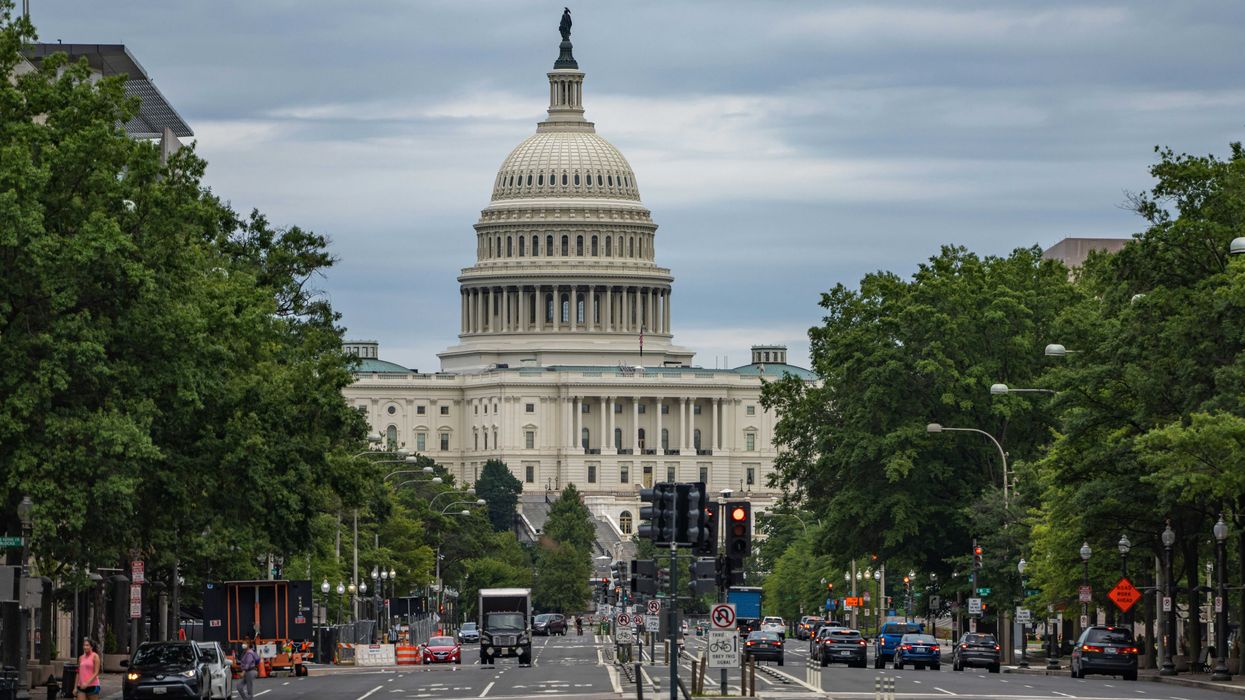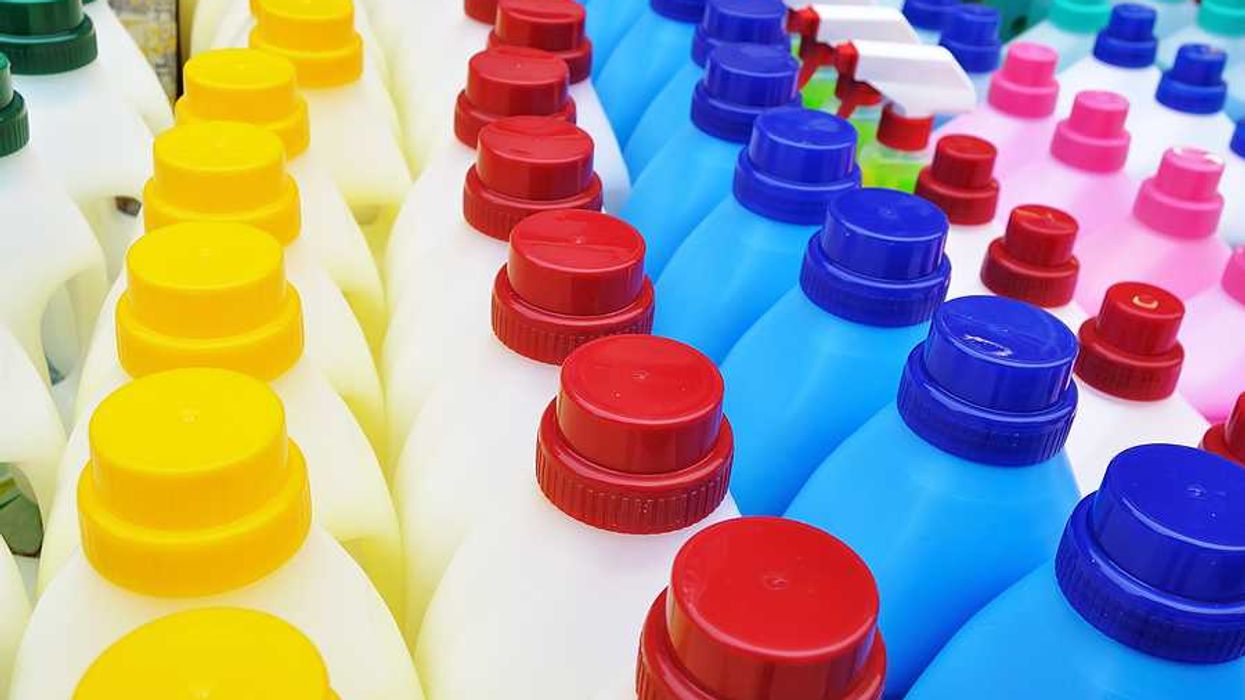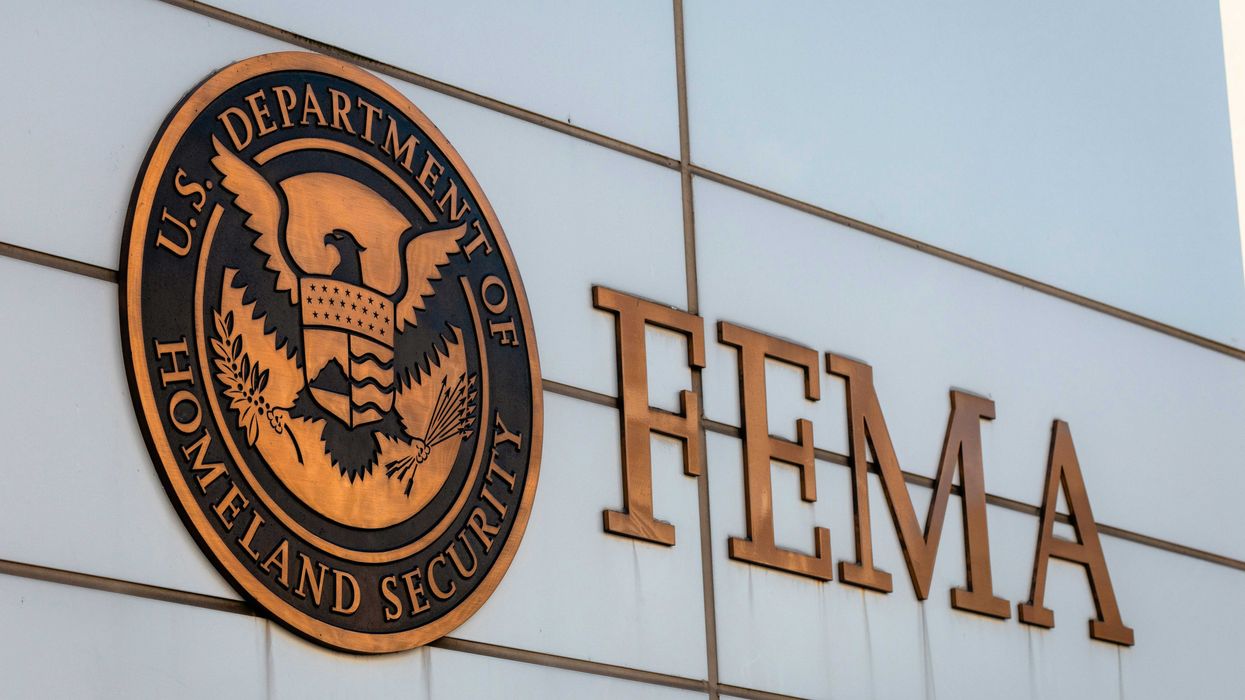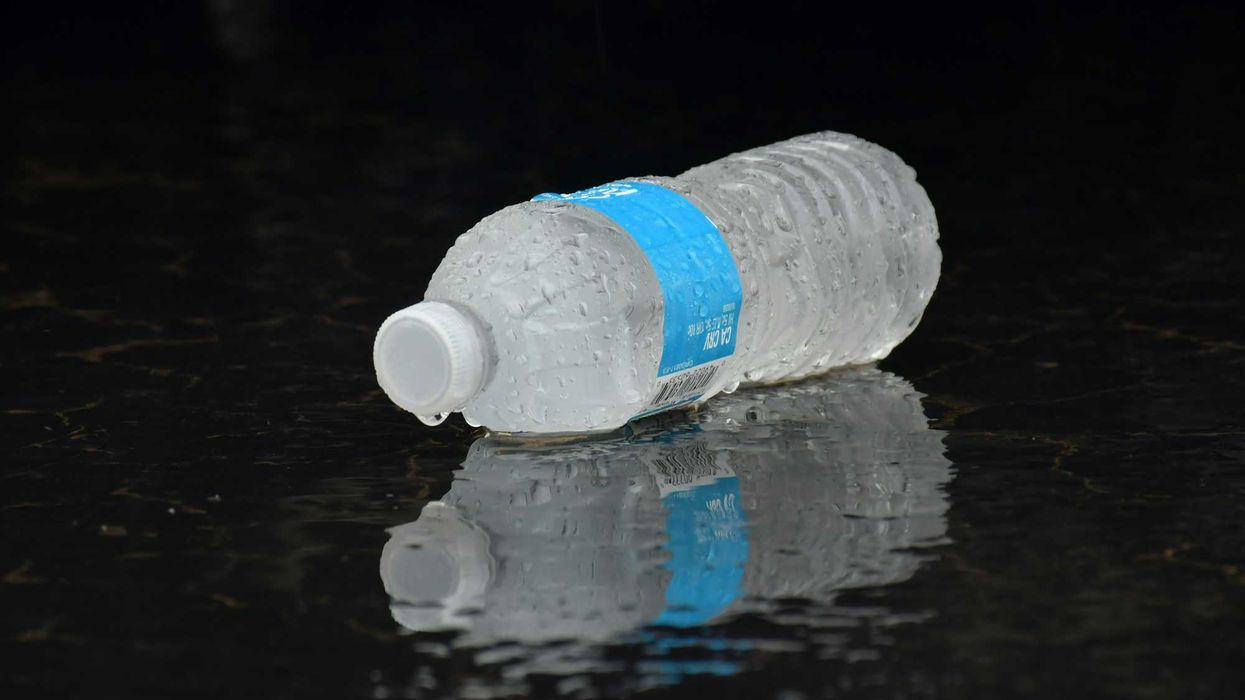Delegates from 175 nations will meet in Geneva next month in a final attempt to secure a legally binding United Nations treaty to reduce plastic pollution after previous negotiations stalled.
Winnie Courtene-Jones writes for The Conversation.
In short:
- The treaty aims to address plastic pollution across its entire lifecycle, from production to disposal, amid projections that plastic output could double by 2045.
- Negotiations have been hampered by sharp divides between nations favoring strict limits on plastic production and those pushing for voluntary recycling measures.
- Industry lobbyists, especially from petrochemical companies, have heavily influenced talks, raising concerns about weakening science-based provisions.
Why this matters:
Plastic pollution has seeped into every corner of the planet, from ocean trenches to the air we breathe. Microplastics are now routinely found in human blood and placentas, yet scientists still don’t fully understand the health impacts. The scale of production — hundreds of millions of tons a year — is accelerating, fueled by fossil fuel-derived plastics. Because plastics cross borders through trade and ocean currents, no single country can tackle the problem alone. A strong global treaty could set consistent rules and shift how the world produces and disposes of plastics, but weak commitments risk cementing the status quo and leaving ecosystems and communities to absorb the costs.
Learn more: Plastics lobby exerts heavy influence over global treaty talks, insiders warn














